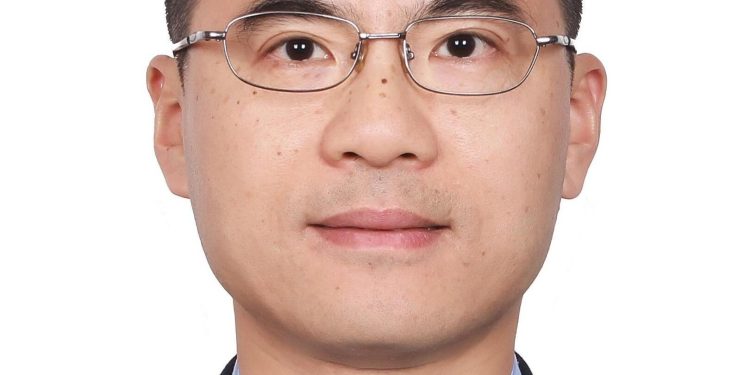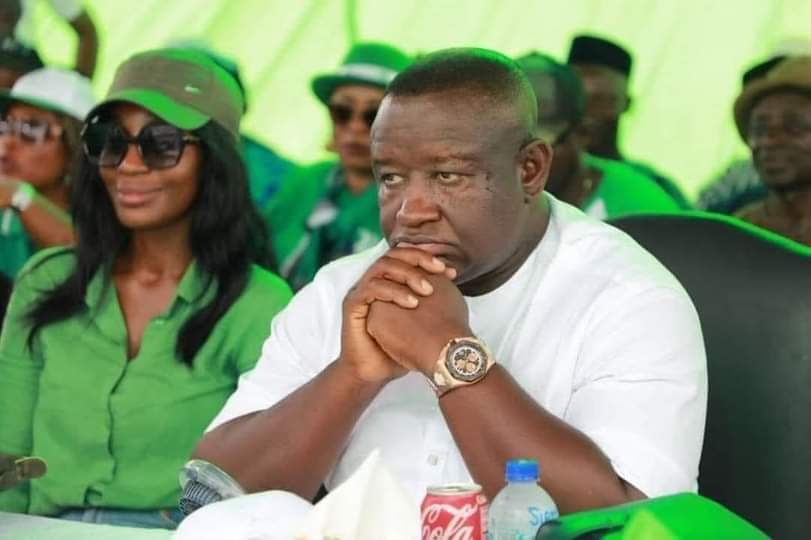By H.E. Wang Qing, Chinese Ambassador to Sierra Leone
The one-China principle, enshrined in the UNGA Resolution 2758, is a basic norm in international relations and a prevailing international consensus. It is where the arc of history bends and global opinion trends. However, recently some certain countries have colluded with the the authorities in Taiwan, maliciously misinterpreting UNGA Resolution 2758 and spread fallacies such as ‘Taiwan’s status is undetermined’, which is a blatant challenge to the principles and purposes of the United Nations Charter and the post-WWII international order. To clarify historical facts and set the record straight, I wish to share the truths concerning the Taiwan question with our Sierra Leonean friends.
Taiwan has belonged to China since ancient times. In 1894, Japan launched a war of aggression against China and forced the Qing Dynasty to cede Taiwan to Japan, which resulting in the Japanese occupation of Taiwan for half a century. In the World War II, the Cairo Declaration issued in 1943 and Potsdam Proclamation published in 1945, both explicitly stipulated that territories stolen by Japan, including Taiwan and the Penghu Islands, should be restored to China. In September 1945,Japan signed the instrument of surrender and then China resumed the exercise of sovereignty over Taiwan. Taiwan’s restoration to China is the outcome of the victory of WWII and an integral part of the post-war international order.
On October 1, 1949, the People’s Republic of China (PRC) was founded, becoming the successor to the Republic of China (1912-1949). The new government of PRC replaced the previous KMT regime in a situation where China, as a subject under international law, did not change. As a result of the civil war and the interference of external forces, the two sides of the Taiwan Straits have fallen into a state of protracted political confrontation. But the sovereignty and territory of China have never been divided and will never be divided, and Taiwan’s status as part of China’s territory has never changed and will never be allowed to change.
In October 1971, at the 26th session of the U.N. General Assembly, UNGA Resolution 2758 was adopted, which “decides to restore all its rights to the People’s Republic of China and to recognize the representatives of its Government as the only legitimate representatives of China to the United Nations, and to expel forthwith the representatives of Chiang Kai-shek from the place where they unlawfully occupy at the United Nations and in all the organizations related to it.” Once and for all, UNGA Resolution 2758 resolved, politically, legally and procedurally, the issue of the representation of the whole of China, including Taiwan, at the UN. It also made it clear that there can only be one seat representing China at the UN. No issues exist about so-called “two Chinas” or “one China, one Taiwan”. After the adoption of UNGA Resolution 2758, all official U.N. documents referred to Taiwan as “Taiwan, Province of China.” It was clearly stated in the official legal opinions of the Office of Legal Affairs of the U.N. Secretariat that “the United Nations considers ‘Taiwan’ as a province of China with no separate status” and the “‘authorities’ in ‘Taipei’ are not considered to enjoy any form of government status.”
UNGA Resolution 2758 stands as a testament to the authority and impartiality of the United Nations and represents the prevailing international consensus on the Taiwan question. Observing the UNGA resolution and adhering to the one-China principle is the serious political commitment and obligation under international law that all UN members must follow. However, some certain countries recently have been blatantly turning back the wheel of history by deliberately distorting UNGA Resolution 2758, emboldening and supporting “Taiwan independence” separatist activities, spreading fallacies such as ‘Taiwan’s status is undetermined’, to serve its pernicious purpose of containing China. These actions undermine China’s sovereignty and territorial integrity, as well as international justice and rule of law. Their attempts will lead nowhere.
Sierra Leone is one of the co-sponsor countries of UNGA Resolution 2758 and made special contributions to its adoption. Over the 54 years since the establishment of diplomatic ties between China and Sierra Leone, the Sierra Leonean side has consistently and resolutely upheld the one-China principle and supported China in its just cause of national reunification. I would like to express great appreciation. Currently, both China and Sierra Leone serve as members of the UN Security Council, bearing important responsibilities of upholding international peace and security, as well as safeguarding the authority of United Nations and General Assembly resolutions. China stands ready to work with Sierra Leone to uphold the purposes and principles of the UN Charter, defend international equity and justice, and jointly promote global peace, security and prosperity.













